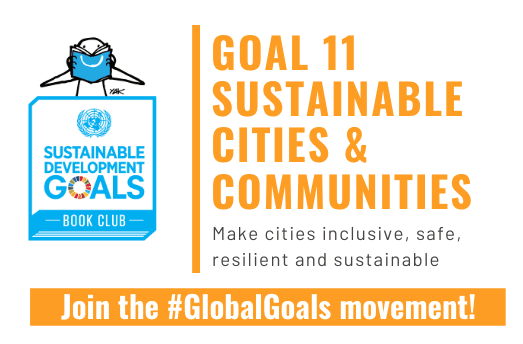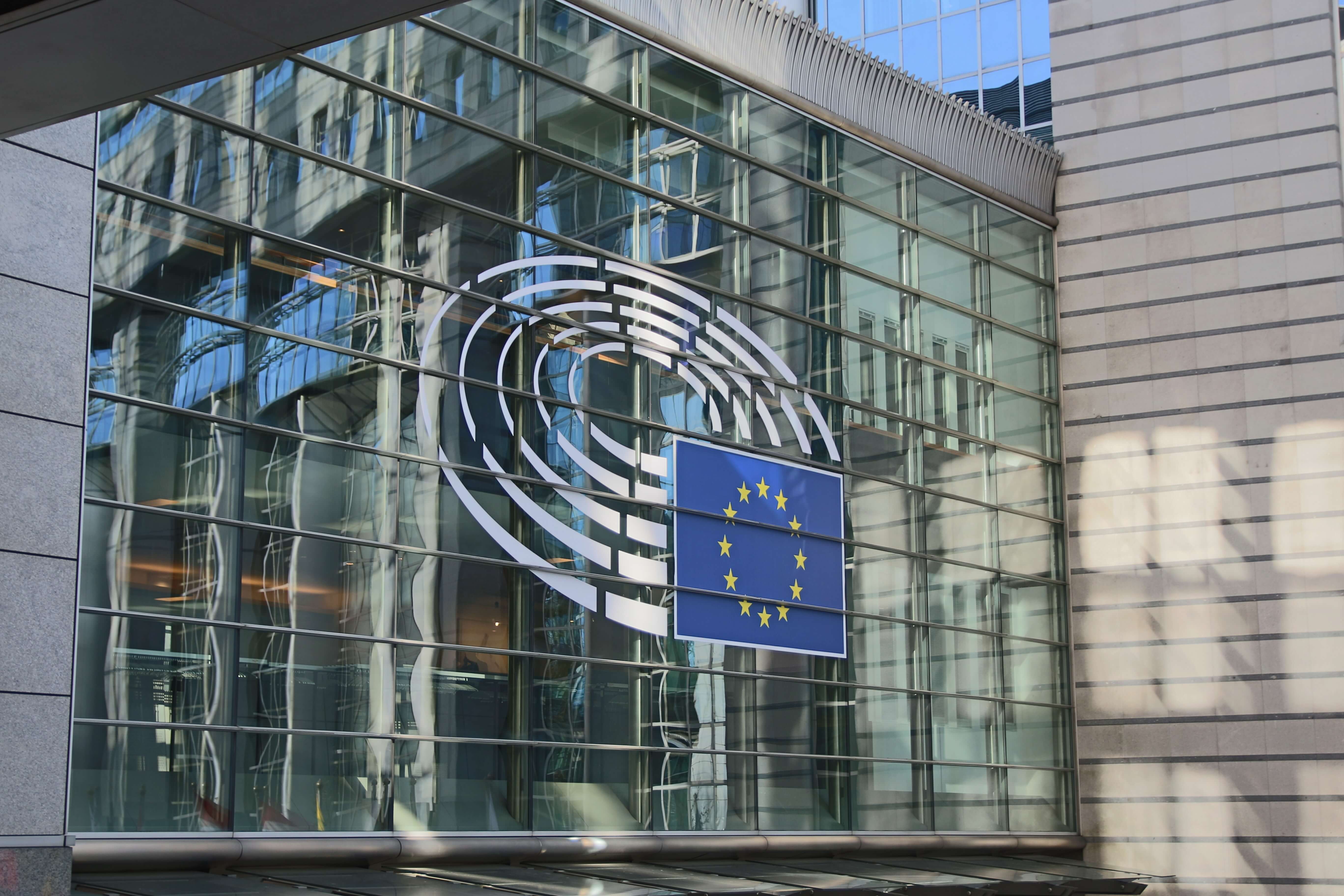As the end of the year approaches, we are highlighting initiatives calling for gift shopping that supports local businesses and communities
Since the start of the Coronavirus, COVID-19, pandemic, retail landscape has changed dramatically. Customers are widely encouraged, and in some cases obliged due to government restrictions, to move their shopping online and make use of click and collect options. This drastically impacts local businesses, many of them small- and medium-sized enterprises (SMEs), who rely on in-store customer visits. Throughout this year, we have seen many businesses adjusting to rapidly changing circumstances, with many having to develop their digital presence from scratch.
The book industry has not been spared by the impacts of the pandemic, and sales indicators show that local lockdowns have been devastating. However, customer demand for books has only increased and booksellers are optimistic for the upcoming holiday season. End of the year celebrations and Christmas sales are a strategic game for booksellers around the world: from carefully selecting and preparing stock to increasing the number of staff available to help deal with the rush of last minute customers. However, this year is turning that game on its head – not only are there usual technical preparations to consider, there’s also an added element of strict health and safety regulations to manage.

In the past few weeks, we have seen numerous campaigns calling for customers to do their Christmas shopping early, and support local businesses while doing so. This is important, as it could help smooth out the concentration of trade in the last few days and hours in the lead up to Christmas, and help mitigate the risks of supply chain disruptions. Additionally, shopping locally is crucial for sustainable development of local communities, and while doing so, customers will enable small- and medium-sized businesses to enter the last quarter on a more positive note.
Why is shopping early and locally important?
• Ensure customers will receive the titles they want without having to wait (in case of supply chain disruptions and/or high demand)
• Help local businesses maintain steady cash flow
• Support sustainable development of local communities
• Help local businesses to maintain their services and grow where possible, especially in these challenging times
Many SMEs have found themselves in precarious positions during this pandemic, especially as they can’t easily compete with online retails giants. In the book industry, the sector saw Amazon’s profits soar this year; in many cases to the detriment of brick and mortar shops which were forced to close by national governments.
In the lead up to the Black Friday sales at the end of November, we took a look at Amazon’s global and European operations to highlight the company’s outreach and market dominance. Through these graphics and by voicing our support for ‘buy early, buy local’ initiatives, we hope customers will feel encouraged in supporting local booksellers, and wider local businesses.
Click on the image for a larger version |
Click on the image for a larger version |
Click on the image for a larger version |
Sources are shared at the bottom of this page.
Initiatives from our members to support
Australia:
• Shop early, shop local campaign
Belgium:
• Shop early, shop local campaign by the association of French-speaking independent bookstores in Belgium (more here)
Denmark:
• Wider buy local campaign to be launched in early 2021
France:
• Wider campaign supporting buying online or through click and collect during the French lockdown
• A French Christmas campaign boycotting gift buying on Amazon #NoëlSansAmazon
Germany:
• National campaign from the Börsenverein supporting bookshops during the holiday season
• National campaign highlighting the importance of buying in-store, locally
• Buy early postcard campaign from the book trade association Nordbuch Marketing GmbH
• Buy early, buy online campaign from Buchwert bookshop
The Netherlands:
• December is now! campaign from Paagman bookshop
Portugal:
• Shop in bookshops this Christmas
United Kingdom:
• Shop early, shop local campaign
• Shop local this Christmas initiative supporting bookshops during lockdown
• Wider choose bookshops campaign
USA:
• A set of marketing materials highlighting 'shop now, shop local', including ''Tis the season to shop local' poster
• With 20% of independent bookstores across the United States at risk of closing, the American Booksellers Association has launched the #BoxedOut campaign to draw attention to the challenges indie bookstores are facing ahead of the holiday season
• "October is the new December" campaign highlighting the buy early, buy local initiatives (campaign was later adapted to "November is the new December")
• Adaptable poster for bookstores outlining 'how you can support indies'
Are you aware of any other ‘buy early, buy local’ initiative? Let us know!
Notes
Sources for the Amazon graphics:
Hamrick, D. (2020, March 10). How to Sell on Amazon International Marketplaces. Retrieved from https://www.junglescout.com/blog/amazon-marketplaces/
MWPVL International Inc. (unknown). Amazon Global Supply Chain and Fulfillment Center Network. Retrieved from https://www.mwpvl.com/html/amazon_com.html
Ecommerce Europe. (2018, July 02). The European Ecommerce Report 2018: relevant
findings outlined. Retrieved from https://www.eurocommerce.eu/media/159952/2018.07.02 - Ecommerce report_annex.pdf
Statista. (2020, January). Annual net sales of Amazon in selected leading markets from 2014 to 2019. Retrieved from https://www.statista.com/statistics/672782/net-sales-of-amazon-leading-markets/
Statista. (2020, April). Amazon annual net sales in the United Kingdom (UK) from 2010 to 2019. Retrieved from https://www.statista.com/statistics/1035592/net-sales-amazon-united-kingdom-uk/
Evans, B. (2019, December 19). What's Amazon's market share?. Retrieved from https://www.ben-evans.com/benedictevans/2019/12/amazons-market-share19










